Dysregulacja emocjonalna i poznawcze aspekty teorii umysłu a dojrzałość mechanizmów obronnych jako wskaźnik poziomu organizacji osobowości Dominika Górska


- Autor:
- Dominika Górska
- Wydawnictwo:
- Stowarzyszenie Psychologia i Architektura
- Ocena:
- Stron:
- 10
- Dostępny format:
-
PDF
Opis
książki
:
Dysregulacja emocjonalna i poznawcze aspekty teorii umysłu a dojrzałość mechanizmów obronnych jako wskaźnik poziomu organizacji osobowości
Emotion dysregulation and understanding behavior in mental state terms (theory of mind or mentalization) have been proposed as explanations for emotional disorders. Although the role of emotional aspects of theory of mind (an emotion oriented set of processes) in emotional disturbances is evident, the cognitive aspects of theory of mind are thought to fail to encapsulate the affect regulative aspects of interpreting behavior in mental state terms. This study aimed to examine the role of emotion dysregulation and cognitive aspects of theory of mind as predictors of maturity level of defense mechanisms, as indicators of the level of personality organization. Method: Two self-report measures were administered to 168 people (age: M=33,56, SD=11,23): Defensive Style Questionnaire (Andrews, Singh & Bond, 1993) measuring immature, neurotic and mature defense mechanisms and Difficulties in Emotion Regulation Scale (Gratz & Roemer, 2004) measuring emotion dysregulation. Moreover, the participants were tested using Happés (1994) Strange Stories Test of a theory of mind. Results: Findings suggest a positive relationship between emotion dysregulation and immature and neurotic defense mechanisms, contrary to negative relationship between difficulties in emotion regulation and mature defense mechanisms. Results also supported the hypothesis of the independence of cognitive aspects of theory of mind and defense mechanisms maturity. As expected, the groups of participants with various defense mechanisms profile differed in emotion dysregulation but not in theory of mind, excluding double bluff task, which is rather connected with mentalization than with theory of mind.
Wybrane bestsellery
Stowarzyszenie Psychologia i Architektura - inne książki
Dzięki opcji "Druk na żądanie" do sprzedaży wracają tytuły Grupy Helion, które cieszyły sie dużym zainteresowaniem, a których nakład został wyprzedany.
Dla naszych Czytelników wydrukowaliśmy dodatkową pulę egzemplarzy w technice druku cyfrowego.
Co powinieneś wiedzieć o usłudze "Druk na żądanie":
- usługa obejmuje tylko widoczną poniżej listę tytułów, którą na bieżąco aktualizujemy;
- cena książki może być wyższa od początkowej ceny detalicznej, co jest spowodowane kosztami druku cyfrowego (wyższymi niż koszty tradycyjnego druku offsetowego). Obowiązująca cena jest zawsze podawana na stronie WWW książki;
- zawartość książki wraz z dodatkami (płyta CD, DVD) odpowiada jej pierwotnemu wydaniu i jest w pełni komplementarna;
- usługa nie obejmuje książek w kolorze.
Masz pytanie o konkretny tytuł? Napisz do nas: sklep@ebookpoint.pl
Książka drukowana


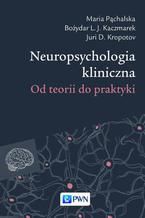
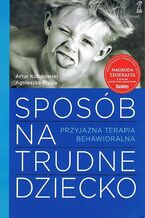




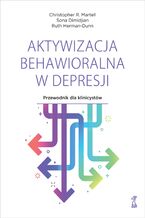

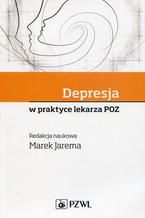
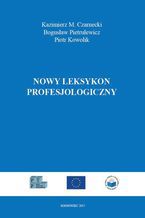
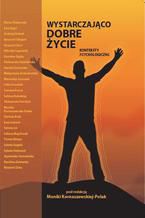
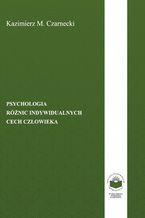






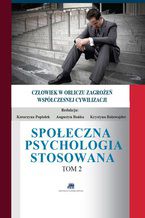



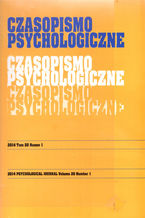





Oceny i opinie klientów: Dysregulacja emocjonalna i poznawcze aspekty teorii umysłu a dojrzałość mechanizmów obronnych jako wskaźnik poziomu organizacji osobowości Dominika Górska
(0)